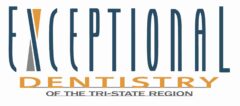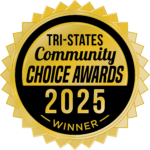“You know the drill: Brush at least twice a day with soft bristles, don’t forget to floss, and
for cleanings and exams.
not only keeps your smile pearly-white and gums in good shape, but it could help the rest of you stay healthy, too: Research shows cardiovascular disease, diabetes and osteoporosis, among other conditions, may be linked to oral health. More tips to protect your teeth, based on the latest research.
Eat salmon. Or peanut butter. Or any other food rich in polyunsaturated fatty acids (PUFAs). New research shows people whose diets were rich in PUFAs, specifically DHA and EPA fatty acids, were up to 20% less likely to have periodontitis. Periodontitis is a common inflammatory condition in which the gum tissue pulls away from the teeth, allowing bacteria to build up and potentially lead to bone and tooth loss. Polyunsaturated fats have been shown to reduce inflammation.
Drink green tea. It helps protect against heart disease and cancer. It boosts weight loss and lowers cholesterol. And according to research published in the Journal of Periodontology, it helps keep your mouth healthy. The study showed that for every cup of green tea participants drank, there was a decrease in indicators for gum disease.
Chew sugarless gum. Doing so for about 20 minutes after a meal can help prevent tooth decay, the American Dental Association says. That’s because the physical act of chewing gum increases the flow of saliva, which can help neutralize and wash away acids that are produced when food is broken down by bacteria in your mouth. Otherwise, the acids eat away at tooth enamel, resulting in decay.
Skip midnight munching. Late-night eating does more than add inches to your waistline. It also can increase your chances of gum disease, tooth decay and tooth loss, according to two recent studies. Saliva flow dries up at night, which may be a reason. Saliva is important for removing food debris from your mouth.”

